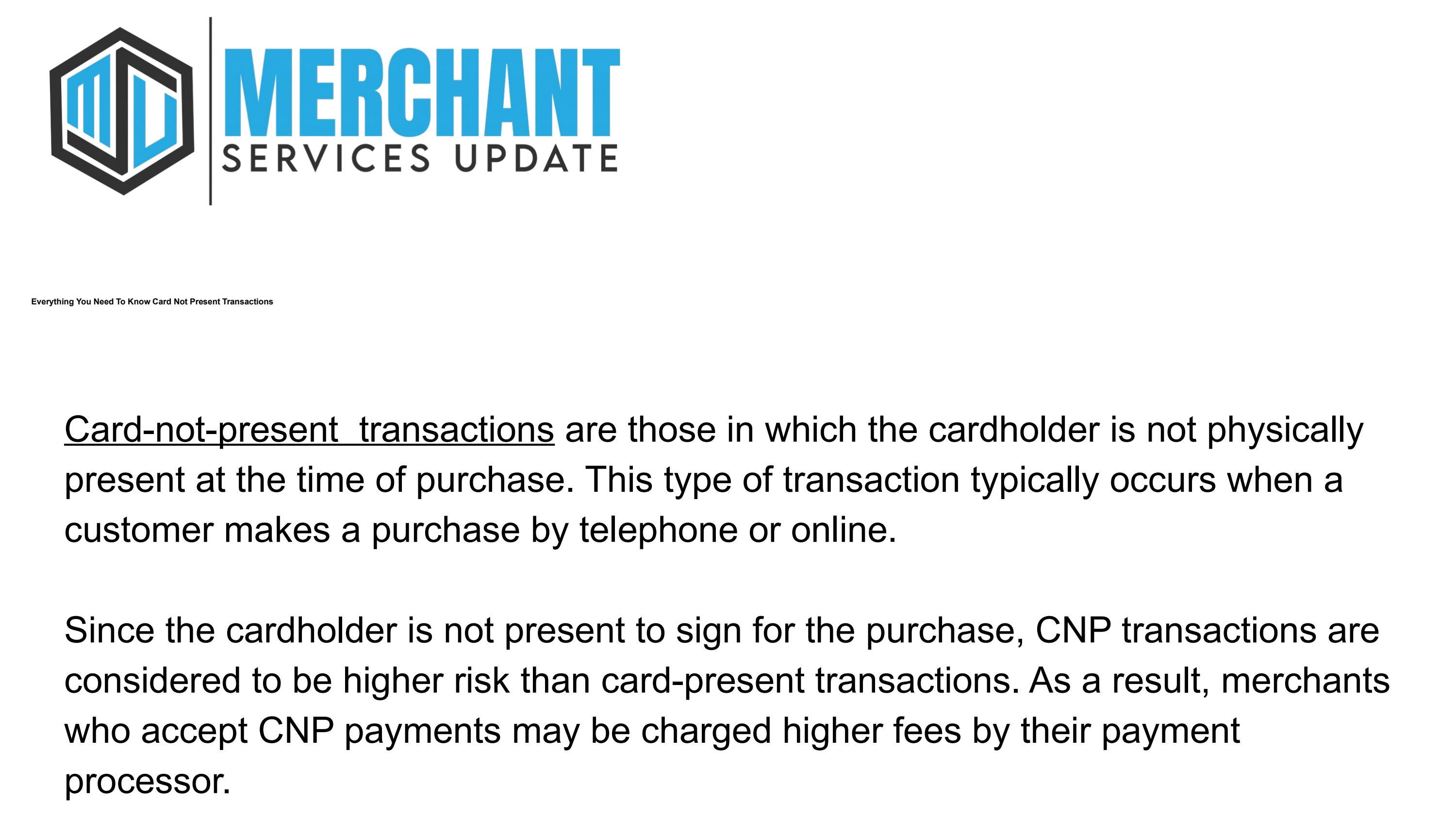Are Middle Managers Valuable? A Comprehensive Look At Their Contributions

Table of Contents
The Crucial Role of Middle Managers in Bridging the Gap
Middle managers play a multifaceted role, acting as a critical bridge between upper management and frontline employees. Their contributions are essential for efficient operations and overall organizational success. Let's explore three key aspects of their function:
Communication and Information Flow
Middle managers act as a vital conduit for information, ensuring seamless communication up and down the organizational hierarchy. They are responsible for:
- Efficiently relaying information from upper management to teams: Translating complex strategic goals into actionable plans and clear instructions for teams. This ensures everyone understands their role in achieving company objectives.
- Gathering and summarizing feedback from teams for senior leadership: Providing valuable insights into employee morale, performance challenges, and potential opportunities for improvement. This upward communication is crucial for informed decision-making at the executive level.
- Ensuring consistent communication across departments: Facilitating collaboration and reducing silos by coordinating information flow between different teams and departments. This prevents duplicated efforts and promotes a cohesive organizational approach.
Mentorship and Development
Effective middle managers are more than just supervisors; they are mentors and developers of talent. They invest in their teams by:
- Identifying employee strengths and weaknesses: Providing tailored guidance and support to help individuals reach their full potential. This fosters a culture of growth and development.
- Providing opportunities for skill development and advancement: Facilitating training, mentoring, and career progression opportunities, ensuring employee engagement and retention. This leads to a stronger, more skilled workforce.
- Mentoring and coaching team members to enhance performance: Providing regular feedback, constructive criticism, and support to help individuals improve their skills and achieve their goals. This personalized approach fosters stronger relationships and better performance.
Problem Solving and Decision Making
Middle managers are often the first point of contact for resolving issues and making critical decisions. Their ability to handle challenges efficiently prevents problems from escalating:
- Identifying and resolving conflicts within teams: Mediating disputes, facilitating communication, and finding solutions to ensure a harmonious work environment. This is crucial for maintaining team cohesion and productivity.
- Making informed decisions based on available resources and data: Analyzing situations, weighing options, and making timely decisions based on the best available information. This empowers teams and reduces reliance on upper management for every minor decision.
- Proactively addressing potential problems before they escalate: Identifying potential risks and implementing preventative measures to minimize disruption and maintain efficiency. This proactive approach saves time and resources in the long run.
Dispelling Myths About Middle Management Inefficiency
Many organizations struggle with the perception that middle management is bloated and inefficient. However, this is often a misconception. Let's address two common myths:
The "Bloated Middle Management" Misconception
The idea of a bloated middle management layer is frequently cited as a reason for eliminating these roles. However, the problem isn't necessarily the number of middle managers, but rather the effectiveness of their structure and processes. Optimizing, rather than eliminating, is key. Strategies include:
- Optimizing team sizes for efficient workflow: Ensuring teams are not too large or too small to function effectively.
- Implementing clear roles and responsibilities within the team: Reducing ambiguity and overlap to prevent confusion and wasted effort.
- Utilizing technology to streamline communication and processes: Leveraging tools and software to improve efficiency and reduce administrative overhead.
Addressing the Perceived Lack of Accountability
Concerns about accountability are often addressed through clear performance expectations and regular evaluations. Effective strategies for improving accountability include:
- Establishing clear Key Performance Indicators (KPIs) for middle managers: Defining measurable goals and tracking progress to ensure alignment with organizational objectives.
- Regular performance reviews and feedback sessions: Providing constructive feedback and identifying areas for improvement.
- Implementing systems for tracking progress and accountability: Utilizing tools and processes to monitor performance and ensure transparency.
The Impact of Effective Middle Management on Business Outcomes
The positive impact of effective middle management extends far beyond individual team performance. It directly contributes to the overall success of the organization:
Improved Employee Engagement and Morale
When middle managers foster a positive and supportive work environment, it leads to:
- Creating a positive and inclusive work environment: Promoting collaboration, respect, and a sense of belonging.
- Recognizing and rewarding employee contributions: Showing appreciation for hard work and dedication.
- Promoting work-life balance and employee well-being: Creating a culture that supports employees’ overall health and well-being.
Increased Productivity and Efficiency
Effective middle management contributes to increased productivity through:
- Improved project management and timely completion of tasks: Efficient planning, execution, and monitoring of projects.
- Reduced errors and rework due to clear instructions and processes: Minimizing mistakes and ensuring consistent quality.
- Optimal allocation of resources within teams: Ensuring that resources are used effectively and efficiently.
Positive Impact on the Bottom Line
Ultimately, the value of effective middle managers translates into tangible business results:
- Increased revenue and profitability: Driven by higher productivity and efficiency.
- Reduced costs: Minimizing errors, waste, and rework.
- Higher employee retention: Creating a positive and supportive work environment that attracts and retains talent.
Conclusion
Effective middle managers are invaluable assets to any organization. They bridge the gap between upper management and frontline employees, fostering communication, driving productivity, and contributing significantly to the bottom line. By dispelling common myths and implementing strategies for optimization, organizations can leverage the full potential of their middle management teams. Investing in training, development, and clear accountability for middle managers is a crucial step in building a high-performing and successful company. Don't underestimate the power of strong middle management – it's a key ingredient for organizational success. Invest in your middle managers today and see the difference it makes to your overall organizational effectiveness and your bottom line. Learn more about optimizing your middle management structure by exploring resources and best practices online.

Featured Posts
-
 Kho Lund A Kopira Proslavata Na Ronaldo Reaktsi Ata Na Portugalskata Vezda
May 23, 2025
Kho Lund A Kopira Proslavata Na Ronaldo Reaktsi Ata Na Portugalskata Vezda
May 23, 2025 -
 Big Rig Rock Report 3 12 X101 5 Station Deep Dive
May 23, 2025
Big Rig Rock Report 3 12 X101 5 Station Deep Dive
May 23, 2025 -
 China And Us Trade Relations A Race Against The Clock
May 23, 2025
China And Us Trade Relations A Race Against The Clock
May 23, 2025 -
 2025 Umd Graduation The Unexpected Choice Of Kermit The Frog
May 23, 2025
2025 Umd Graduation The Unexpected Choice Of Kermit The Frog
May 23, 2025 -
 Claiming Italian Citizenship The Impact Of The New Great Grandparent Law
May 23, 2025
Claiming Italian Citizenship The Impact Of The New Great Grandparent Law
May 23, 2025
Latest Posts
-
 Is It Going To Rain In Nyc During Memorial Day Weekend
May 23, 2025
Is It Going To Rain In Nyc During Memorial Day Weekend
May 23, 2025 -
 Memorial Day Weekend 2025 Everything You Need To Know
May 23, 2025
Memorial Day Weekend 2025 Everything You Need To Know
May 23, 2025 -
 Memorial Day Weekend Weather Forecast For New York City
May 23, 2025
Memorial Day Weekend Weather Forecast For New York City
May 23, 2025 -
 What Date Is Memorial Day In 2025 Planning Your Three Day Weekend
May 23, 2025
What Date Is Memorial Day In 2025 Planning Your Three Day Weekend
May 23, 2025 -
 Nyc Memorial Day Weekend Weather Will It Rain
May 23, 2025
Nyc Memorial Day Weekend Weather Will It Rain
May 23, 2025
